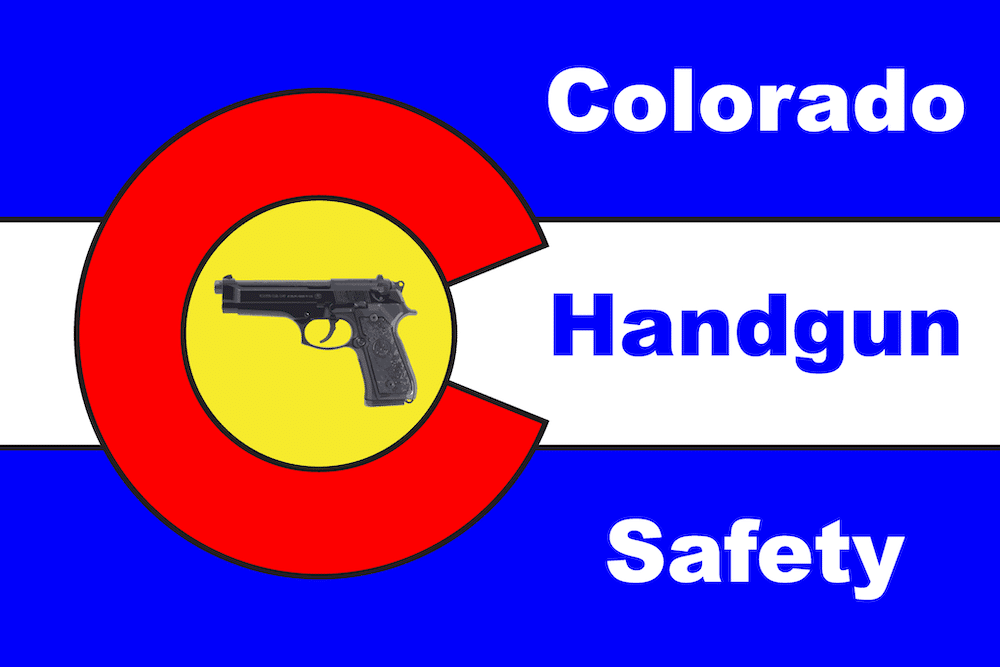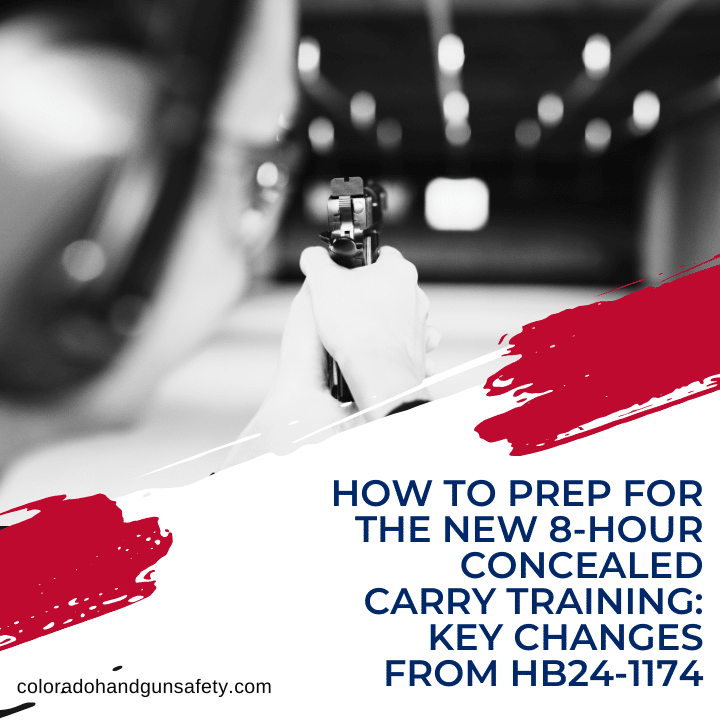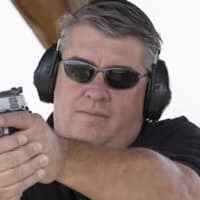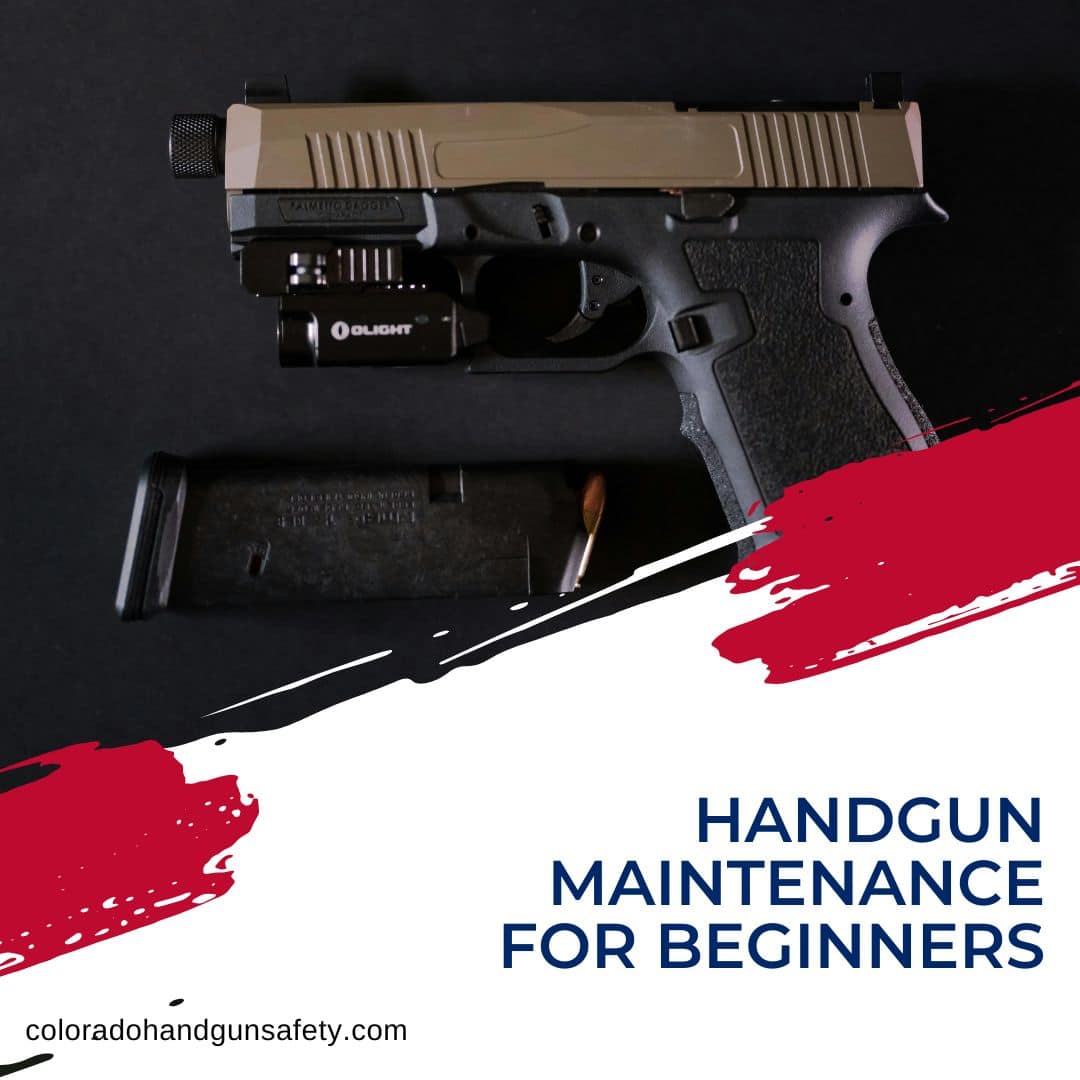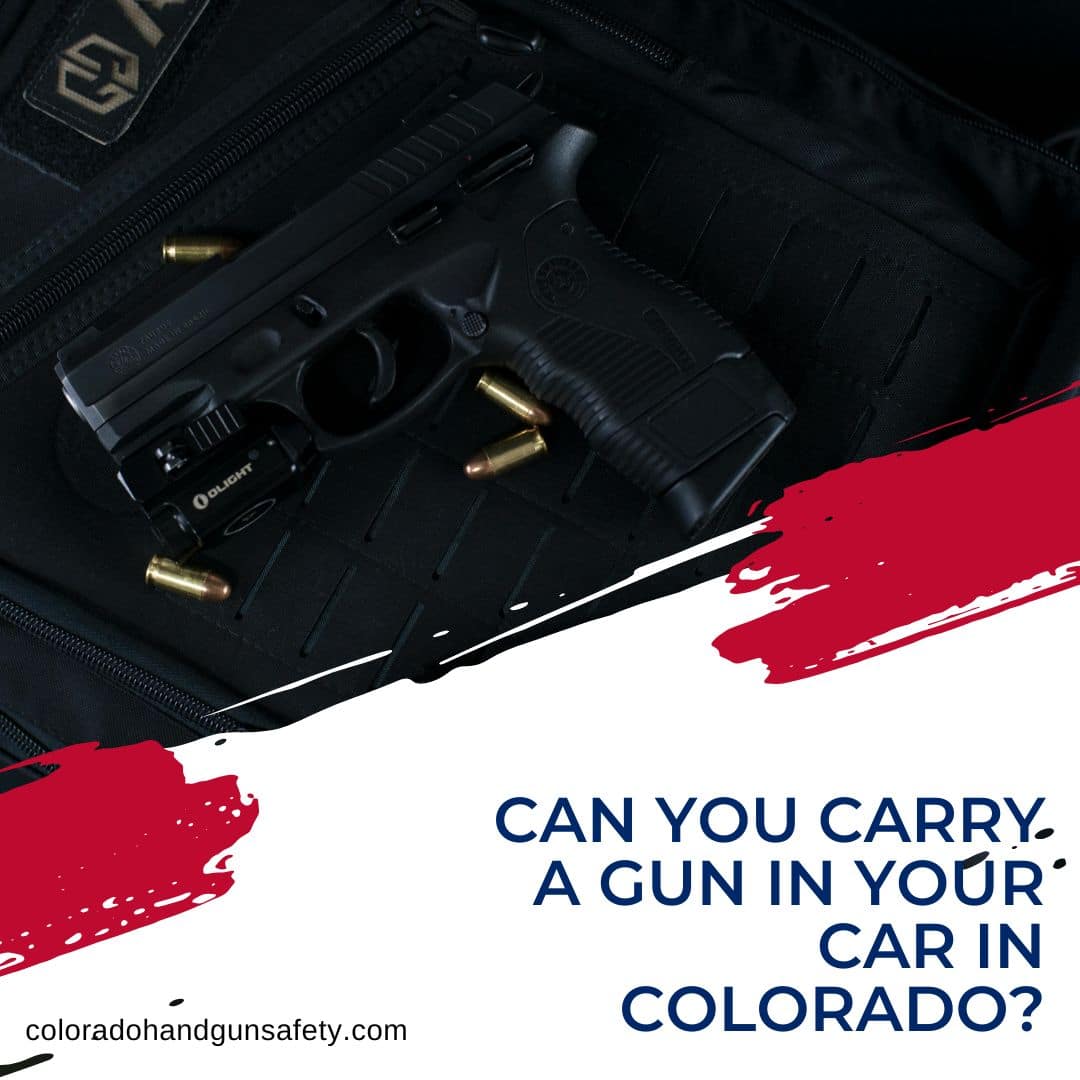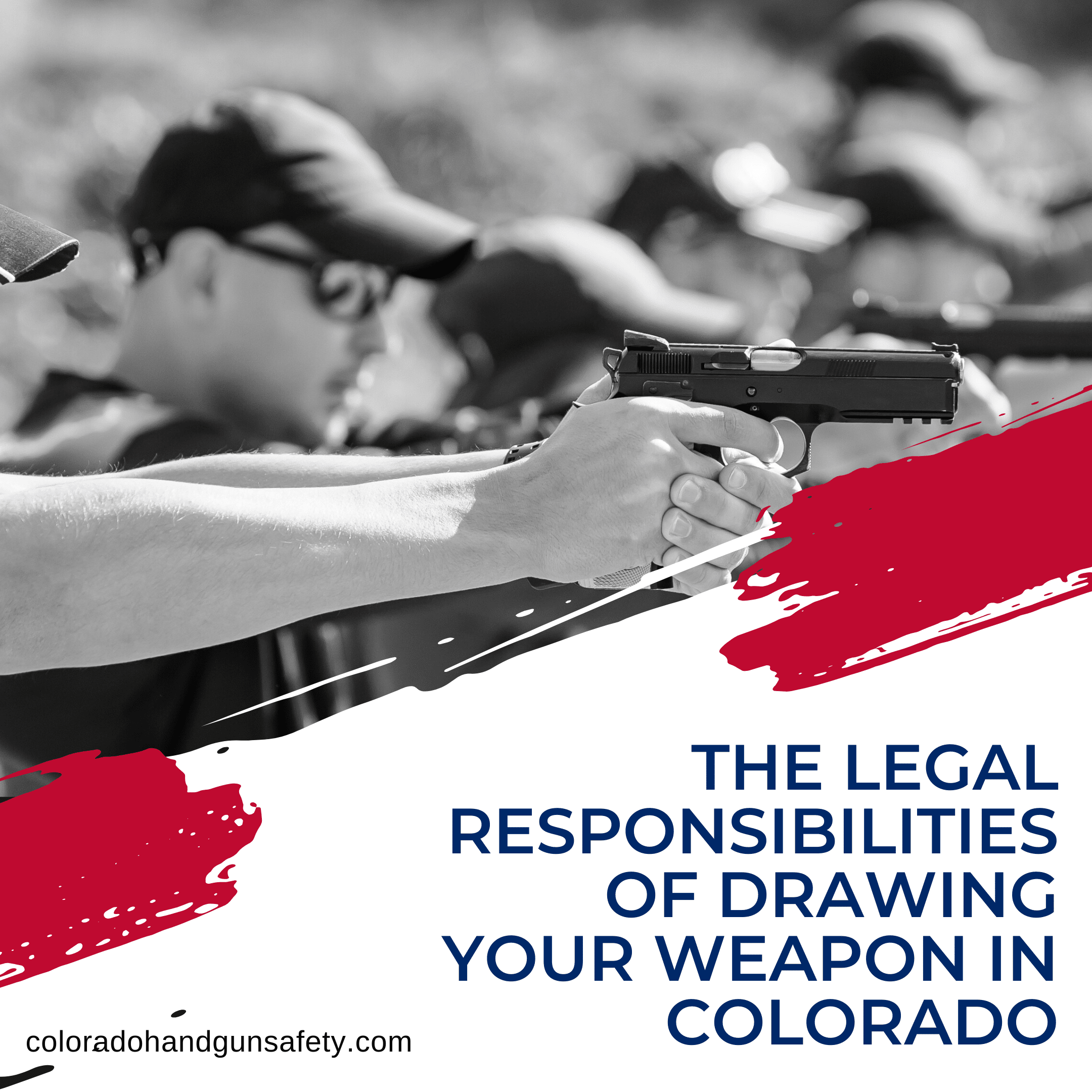Colorado’s HB24-1174 has introduced significant changes to concealed carry permit requirements, including a new 8-hour training curriculum. Colorado Handgun Safety has put together this comprehensive guide of eight things you’ll need to learn to renew or get a new concealed carry weapons permit.
Join us as we briefly walk you through the key components of this updated training and what it means for concealed carry classes. Students and instructors should know what to expect before the HB24-1174 law takes effect in July 2025.
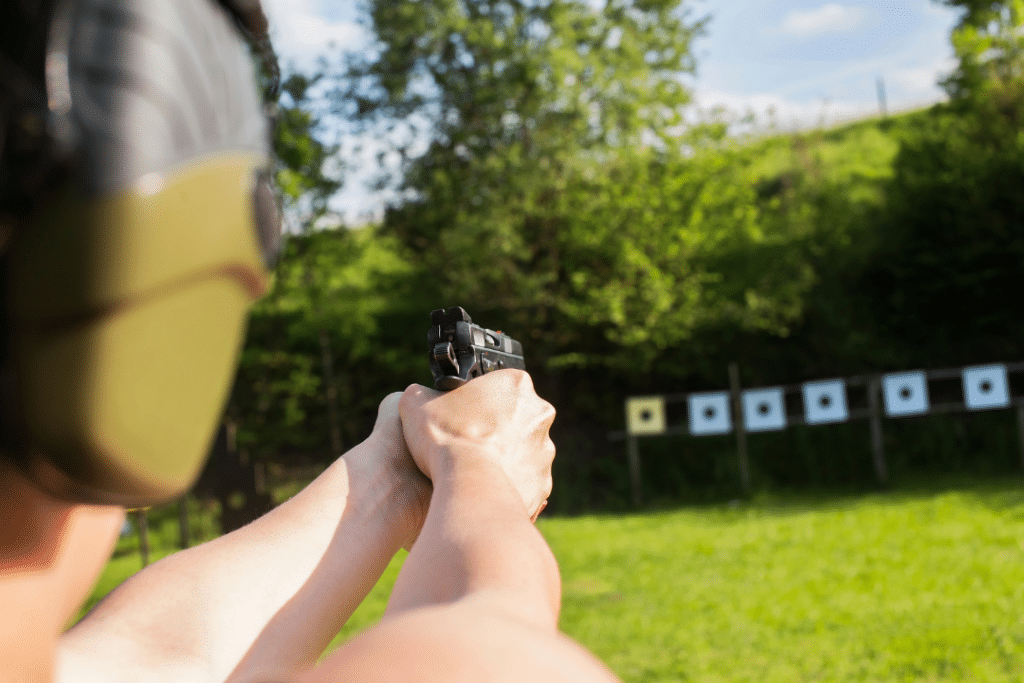
1. Legal Aspects of Concealed Carry
The foundation of responsible concealed carry begins with a thorough understanding of the law. The new curriculum dedicates significant time to exploring Colorado’s concealed carry laws, including the recent updates introduced by HB24-1174.
Students will learn about their rights and responsibilities as permit holders, including where they can and cannot legally carry their firearms. Special attention is given to prohibited locations, ensuring permit holders can navigate public spaces confidently and legally.
2. Firearm Safety and Handling
Safety remains paramount in the new curriculum. Students will receive in-depth instruction on the following:
- Basic firearm safety rules
- Proper handling techniques
- Secure storage methods
The course emphasizes child safety measures to prevent accidents at home. Practical exercises in safe handling allow students to demonstrate their understanding and proficiency under the watchful eye of certified instructors.
3. Use of Force and Self-Defense Laws
Understanding when and how to use a firearm for self-defense is crucial. This portion of the class will discuss Colorado’s self-defense laws, exploring concepts such as the duty to retreat versus stand-your-ground principles. Students will learn about the proportional use of force and the legal consequences of using deadly force. Real-world case studies help illustrate these complex legal concepts.
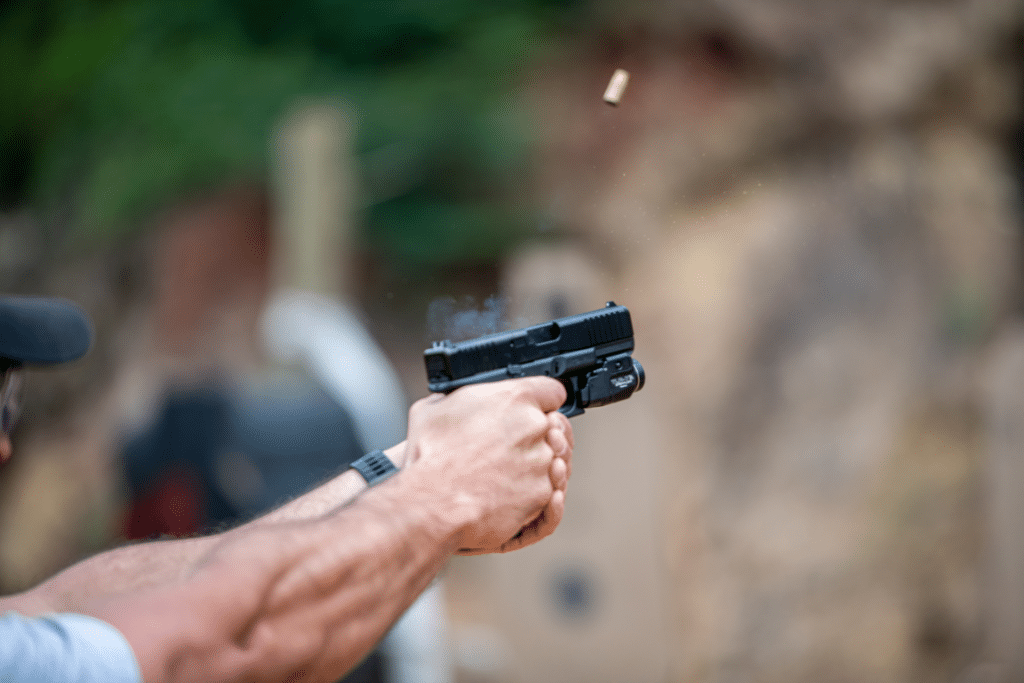
4. Conflict De-escalation and Avoidance
HB24-1174 places new emphasis on conflict avoidance and de-escalation. Students will learn:
- Techniques for avoiding confrontations
- Strategies for verbal de-escalation
- Training on recognizing potential threats early
Role-playing scenarios give students practical experience applying these crucial skills, potentially preventing the need for force in real-life situations.
5. Marksmanship and Live Fire Training
Proficiency with a firearm is essential for concealed carry permit holders. The curriculum includes instruction on basic marksmanship principles, including:
- Proper stance
- Safe grip
- Trigger control
Students will participate in live-fire exercises, firing a minimum of 50 rounds. These exercises focus on accuracy, target identification, and decision-making under pressure.
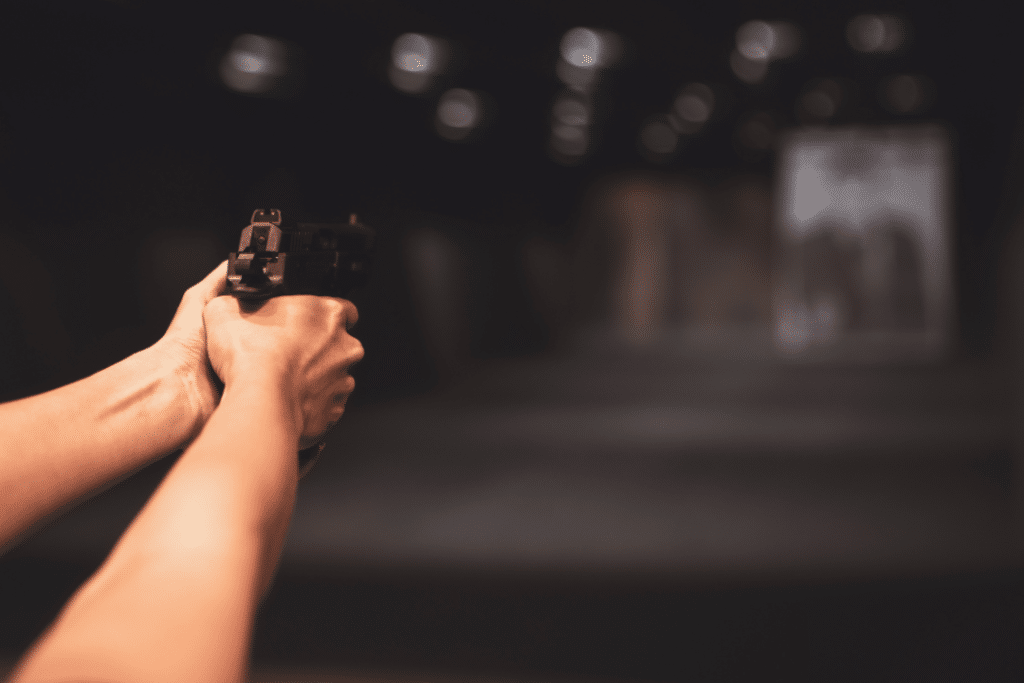
6. Emergency First Aid for Gunshot Wounds
If a firearm is discharged, knowing how to provide emergency medical care can be life-saving. This section covers basic first aid for gunshot injuries, including the use of tourniquets and pressure dressings.
Students will learn when to call for professional medical help and participate in hands-on practice with first aid equipment, preparing them for worst-case scenarios.
7. Concealed Carry Methods and Equipment
Effective concealment is a critical aspect of responsible carry. The curriculum explores different carry methods, including:
- Inside-the-waistband (IWB)
- Outside-the-waistband (OWB)
- Appendix carry
Students will learn about choosing the right holster and clothing considerations for effective concealment. They will also practice safe drawing techniques from concealed positions to build muscle memory and prevent accidents.
8. Interacting with Law Enforcement
The final section of the curriculum focuses on interactions with law enforcement. Students learn proper conduct during traffic stops and how to disclose their concealed carry status safely and legally.
The course covers the rights and responsibilities of permit holders during police interactions. Scenario-based training helps students practice these interactions in a safe, controlled environment.
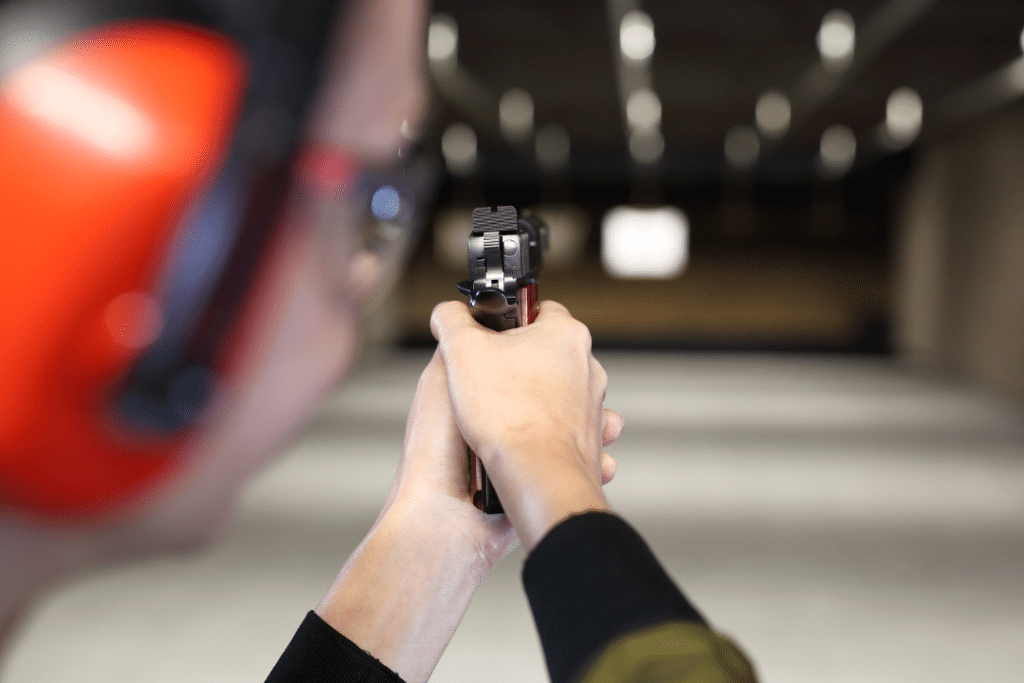
What These Steps Mean for Colorado Gun Owners
The new 8-hour curriculum mandated by HB24-1174 represents more significant government requirements for concealed carry training in Colorado. (Check out our additional blogs about the changes, too!)
Are you ready to complete your concealed carry training before new requirements take effect? Contact Colorado Handgun Safety as soon as possible to enroll in a concealed carry class nearby. You can avoid having to take more time to get a new permit or have yours renewed due to changes in legislation. If you have questions about signing up or want to know more about how HB24-1174 affects your rights as a gun owner, reach out to Colorado Handgun Safety today.
